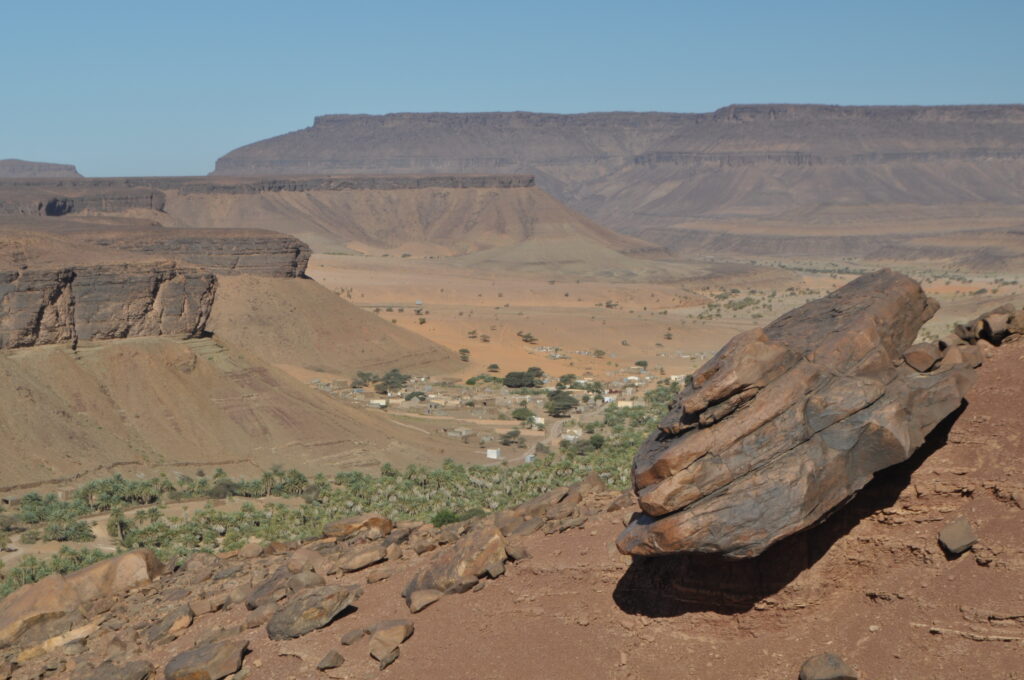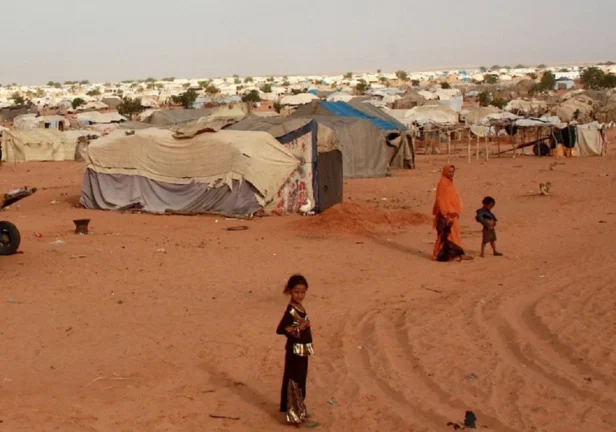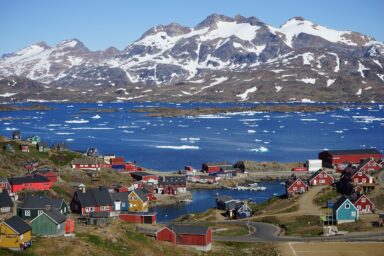Mauritanian security forces committed serious human rights violations between 2020 and 2025 against West and Central African migrants, the latest Human Rights Watch report says. The West African country enjoys a migration partnership with the EU since 2024 in exchange for €210m in EU funding.
Torture, rape, sexual harassment, arbitrary arrests, and racist treatment. According to the Human Rights Watch (HRW) report published on Wednesday, 27 August, all these crimes were routinely committed by the Mauritanian police, coast guard, and army against migrants coming largely from West- and Central African countries. Many of them were and still are held fin detention under inhumane conditions for extended periods.
Is the EU complicit in large-scale crimes?
The report links Mauritanis’s human rights violations to a €210m migration deal struck in March 2024 between the EU and Mauritania. Its chief aim was to curb departures of irregular migrants from Mauritanian and the West Saharan shore to the Canary Islands which are part of the EU.
HRW interviewed more than 200 people by phone and in person during visits to Mauritania, Mali, and Senegal between 2020 and mid-2025. On top of that, the watchdog group spoke with a number of NGOs and civil society organisations, relatives of abuse victims, witnesses, community members, and others.
For years, Mauritanian authorities followed an abusive migration control by violating the rights of African migrants from other regions. — Lauren Seibert, migrant rights researcher at HRW
HRW also examined injuries from alleged abuse, collected photos, videos, and documents to corroborate accounts. HRW experts visited migrant detention centers in Mauritania including infamous Dar Naïm prison, which held people on migrant smuggling charges.
“For years, Mauritanian authorities followed an abusive migration control by violating the rights of African migrants from other regions,” said Lauren Seibert, refugee and migrant rights researcher at HRW. “Such practice, sadly, is common across West Africe,” she added.
You might be interested
The report stresses that despite the documented human rights violations, the EU (and bilaterally also Spain) continue to outsource migration management to Mauritania.
Signs of improvement
On the positive side, the HRW report mentions that recent steps by the Mauritanian government may improve protection for migrants and their rights. The EU and Spain should ensure that their migration cooperation with Mauritania prioritises rights and saving lives, HRW says.
“Mauritania’s recent reforms show that a new approach is possible. The government should build on these efforts, scale up monitoring of security forces, and halt collective expulsions,” Ms Seibert says.
The Mauritanian government, approached by HRW, rejected allegations of torture, racial discrimination, or systematic violations of human rights. It cited recent steps to improve respect for migrants’s rights, including a ’ban on collective expulsions’ and new procedures adopted in May 2025. These should regulate disembarkations and ’manage’ the migration flow, with strong rights and protection guarantees.
Forgotten Mauritania, now a valued partner
Until 2020, Mauritania was largely a forgotten country with minimal contacts with the EU. It is a vast, sparsely populated country with a poor economic performance, ranked ’very low’ by Human Development Index.

That has changed, however, over the past years—and the sole reason is migration. Since a few years ago, Mauritania has become a transit country for tens of thousands of migrants coming from places like Mali, Guinea, Cote d’Ivoire, Burkina, and other poor West- and Central African countries. Most of these people are attempting to reach Spain’s Canary Islands by boat, often departing from the Mauritanian coast.
Many of these migrants are fleeing armed conflicts (Mali, Burkina), while others hope to escape poverty and find decent employment. In 2024, a record 46,843 people were documented arriving by boat to the Canary Islands. Between January and July 2025, the number was significantly lower: 11,500.
The EU has concluded similar agreements as with Mauritania also with Tunisia and Egypt. The main aim is to control illegal migration in exchange for generous financial support from the EU, too. These EU partners are by no means democratic countries: Tunisia is currently ruled by a totalitarian regime and Egypt is effectively under military rule.











